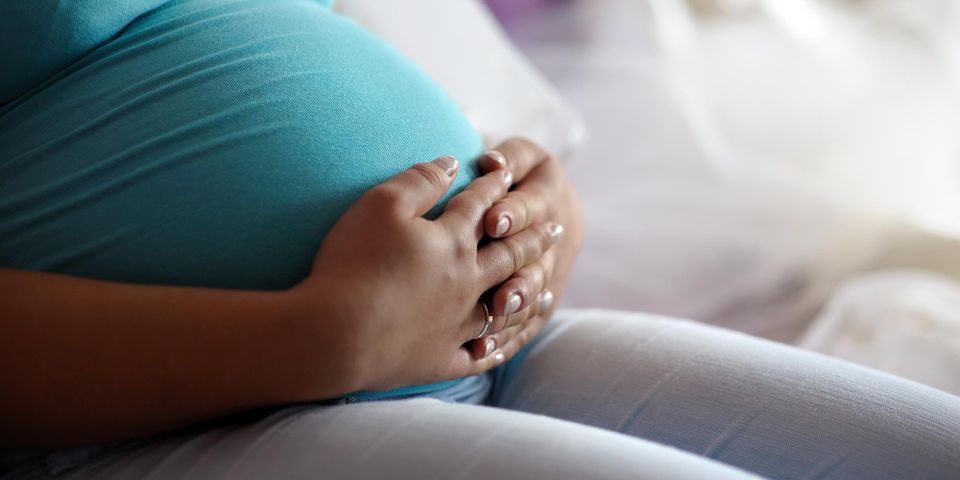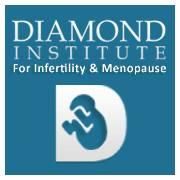What Is the Difference Between Pregnancy in Your 20s & 30s?

When you consider your life five years from now, you might see a new promotion, a marriage, another degree, or all the above. If you also want to have children, finding the right time, while balancing your goals, can be a challenge. From infertility to your career path, there are many factors that could influence the age at which you have children. Use the following guide to determine which decade might be best for you.
Pregnancy in Your 20s
Studies show that your body will have an easier time conceiving at a younger age. This is likely because your body is making better quality eggs in your 20s. Additionally, you’ll be more likely to avoid a miscarriage and encounter health complications throughout your pregnancy. During this decade, you’ll be less likely to encounter gestational diabetes and hypertension, as well as preterm labor, which can increase health risks for your baby.
From a lifestyle perspective, you may still be new to your marriage or career in your 20s and adding a baby to the mix might not be of interest to you or your partner. Still, the recovery after your pregnancy will be easier the younger you are, which means you can get back to your other goals quicker.
Pregnancy in Your 30s
 As you pass age 32, studies show that it’s harder to get pregnant. Despite an increase in infertility, those who conceive in their 30s are more likely to have twins or triplets than those in their 20s because the body releases multiple eggs during one cycle. Women over 35 years old are likely to deliver by C-section, even if the pregnancy is healthy and low-risk. However, many hospitals and doctors are equipped with the right medicine and experience to carry out this procedure and deliver a healthy baby.
As you pass age 32, studies show that it’s harder to get pregnant. Despite an increase in infertility, those who conceive in their 30s are more likely to have twins or triplets than those in their 20s because the body releases multiple eggs during one cycle. Women over 35 years old are likely to deliver by C-section, even if the pregnancy is healthy and low-risk. However, many hospitals and doctors are equipped with the right medicine and experience to carry out this procedure and deliver a healthy baby.
Additionally, many women in their 30s simply feel ready to have a baby because they have achieved many of their goals, including establishing a successful career. Some studies have shown that waiting to get pregnant until your 30s might actually help you live longer. The correlation between postponed conception and a longer life span may be due to cognitive health. One study found that women who had babies after 35 enjoyed better brain power after menopause.
Whether you’re interested in planning for the future with egg freezing, or want to address infertility now, reach out to Diamond Institute for Infertility & Menopause of Millburn, NJ. Led by Dr. Matan Yemini and Dr. Ndidimaka Onwubalili, their staff of trained professionals has over 40 years of experience helping individuals and couples in the area reach their fertility goals. From IVF to gestational surrogacy, you can learn more about their cutting-edge options by visiting their website. Call (973) 761-5600 to schedule a consultation.
About the Business
Have a question? Ask the experts!
Send your question

